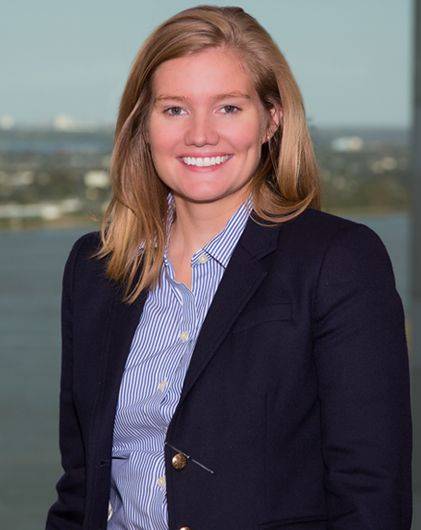U.S. Fifth Circuit Rejects Narrow Interpretation to Enforce Absolute Pollution Exclusion in Louisiana
A three-judge panel of the U.S. Fifth Circuit Court of Appeals recently rejected a narrow interpretation of Louisiana’s standard for enforcing a general liability policy’s absolute pollution exclusion, first announced in Doerr v. Mobil Oil Corp.
The Fifth Circuit held the enforceability of a pollution exclusion does not require a determination that the insured was responsible for the discharge of pollutants which caused the loss.
In Cent. Crude Inc. v. Liberty Mut. Ins. Co., the Fifth Circuit considered whether coverage was owed under a general liability policy issued to Central Crude for a multi-year crude oil leak that affected Central Crude’s property as well as a neighboring tract. Central Crude retained a contractor to perform remediation work, which continued for 15 years but never identified the source of the leak. The owner of a gas pipeline sued Central Crude a year after the leak was identified, alleging the spill threatened damage to its line. Central Crude sought coverage under its general liability policy for: (i) remediation costs and damage to its own property; and (ii) the lawsuit filed by the pipeline owner.
The general liability policy included an absolute pollution exclusion barring coverage for liability for “property damage” arising out of the discharge of pollutants and/or costs associated with the clean-up, or removal thereof. After initially accepting coverage, the insurer withdrew coverage based on the policy’s absolute pollution exclusion. Central Crude filed suit in state court. The insurer removed the suit to federal court.
On the insurer’s motion for summary judgment, the district court determined the absolute pollution exclusion barred coverage. Central Crude appealed, arguing the district court misinterpreted the absolute pollution exclusion by finding it applied even though there had been no determination that Central Crude was responsible for the spill.
The case turns on the Louisiana Supreme Court’s seminal decision on pollution exclusions, Doerr v. Mobil Oil Corp., in which the court adopted a three-factor test to determine whether a pollution exclusion applies. Latching onto language in the third prong of the Doerr factors, “whether there was a discharge…of a pollutant by the insured…”, Central Crude argued coverage was available because the exclusion only applies if the insured is found to be responsible for the discharge of the pollutant.
The Fifth Circuit disagreed, finding neither the policy at issue nor Doerr “requires identification of the party at fault for the oil spill in determining whether the pollution exclusion applies.” Interpreting the Doerr standard, the Court reasoned that “imposing a fault requirement for application of a total pollution exclusion in cases involving environmental pollution would run counter to the Louisiana Supreme Court’s instruction in Doerr that pollution exclusions must be read in accordance with their general purpose ‘to exclude coverage for environmental pollution.’” The recent ruling provides additional guidance to the insurer considering the applicability of an absolute pollution exclusion in situations where cause of the loss is undetermined.
Please contact Katie Wyly or any member of the Phelps Insurance team if you have questions or need advice or guidance.


